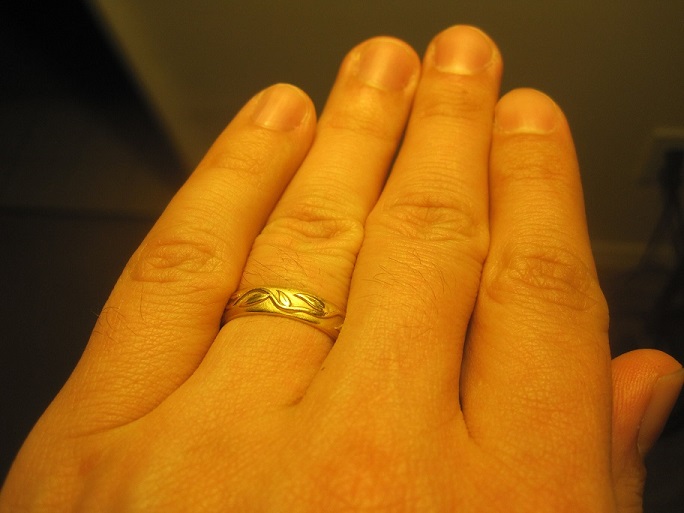Last week, a Daylight Atheism commenter (thanks, Nathaniel!) pointed out that my post “Aid in Dying” had been cited on a blog on the Patheos Catholic channel, Public Catholic, whose author, Rebecca Hamilton, is a member of the Oklahoma state legislature. Needless to say, she was perturbed:
Last night, when I googled euthanasia, I came across a forever-to-be-nameless blog that was chortling over the rise in public acceptance of medical murder, which polite folk like to call euthanasia. This blogger, who earns his literary bread by selling atheism, went on to say that this public approval of killing grandma pits Christians even more solidly against the culture of what’s happening now. This is, the writer said, an “opportunity” for him and his to gain converts.
The question arises: Converts to what?
Certainly not a disbelief in God, since that question never arises in this or most similar analyses. This wasn’t an argument against the existence of God. It was a smug rejoicing in the increasingly widespread public rebellion against God.
After an introduction like that, I thought it’d only be fair for me to drop by and pay her a visit. I posted this comment:
Hi Rebecca, were you talking about my post from earlier this week? If so, I must say I think it’s impolite for you to not link to it and thereby deny your readers the chance to make up their own minds about what I have to say.
But I’d be happy to answer your question: Yes, I was indeed suggesting that this is a way to win converts to the cause of atheism and humanism. The striking contrast between what most people know to be moral and the commandments of the church hierarchy is a way to drive home the point that religion isn’t necessary for ethical behavior, and in some cases is even contrary to it.
Since I don’t believe in God, it’s obviously a category error to accuse me of celebrating “rebellion against God”, just as it would be a category error to accuse you of inciting rebellion against Odin and Thor. However, I’ll gladly plead guilty to advocating that more people reject the teachings of the church, whose morals aren’t based on reason or conscience.
To my surprise, the author replied. She denied that this was a reference to my post, but refused to say who it was in reference to (“None of your business”). Then she deleted the entire exchange from her comment thread.
You can judge for yourself whether this denial is credible. I think her denunciation corresponds too closely to the structure of my post for it to be about anything else. But whether she was writing about me or not, her post is another example of the tendency of religious apologists to criticize atheist arguments while refusing to name or cite the people who make them. Apparently they don’t trust their readers to make up their own minds if pointed towards a different view.
But what I wanted to comment on was the sense of sheer panic implicit in Hamilton’s post. Just look at some of her other over-the-top rhetoric, like this:
A federal judge in Kentucky killed marriage this week…
It was the week that Western civilization, already weakened by the blood loss from the decades-long practice of cultural self-cutting, was given its death sentence. What we were and what we would like to think we still are is now a dead man walking, waiting for the final woof! of implosion that pushes us back down to the muck from which we came.
Well, I can’t speak for the whole country, but I checked just now and my wedding ring is still on my finger; it hasn’t dissolved into thin air because of the ruling of a federal judge in Kentucky. Nor has the slight relaxation of assisted-dying laws caused civilization to collapse into an apocalyptic hellscape, at least as far as I can tell from my front window.

I always feel a tinge of cheer when I see religious apologists raving like this, because it points to a creeping realization that the culture war isn’t going their way. Physician-assisted dying is making gains; marriage equality has gone 5 for 5 in recent months, winning court victories in Utah, Oklahoma, Ohio, Kentucky and Virginia; and each younger generation is more secular than the one before it. Clearly, religious apologists feel the world, which they once thought they owned, is slipping away from them; that they’re losing their privileged status as the sole arbiters of morality. You can understand their anger and desperation in this light.
Naturally, the apologists are eager to cast this as a rebellion against goodness itself. The truth is that their view, which is based on blind obedience to decaying creeds, is being replaced with something better: a morality that’s based on reasoned debate and human well-being. The churches and their advocates still command significant power, but they can no longer just assert that something is God’s will and expect to receive deference. If that prospect frightens and upsets them, perhaps it’s because they don’t have any backup arguments to offer.